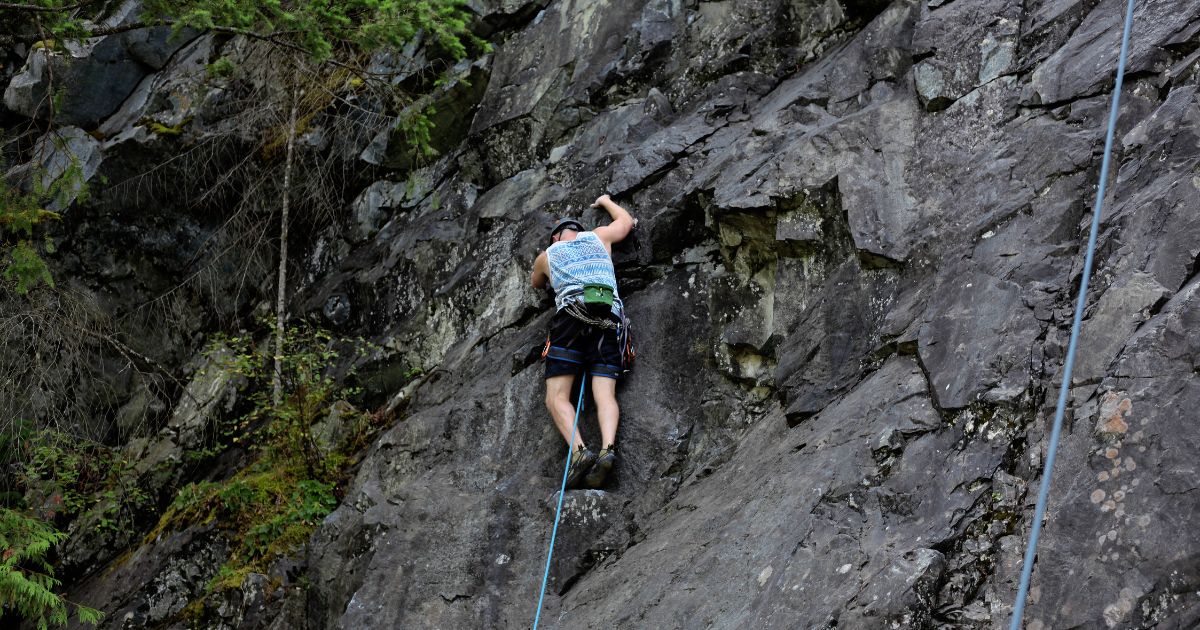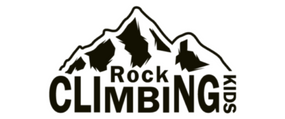Table of Contents
9 Bad Training Habits That Destroy Performance
The demanding sport of climbing necessitates a blend of strength, technique, and mental toughness. Nonetheless, some training practices can obstruct development and reduce effectiveness. To make the most of your climbing training sessions, we’ll look at nine typical bad training habits in this article and talk about how to avoid them.
Ignoring warm-ups for the lower body
The Mistake:
Climbing performance can be negatively impacted by inadequate lower body warm-up, particularly when performing movements that call for a strong hamstring contraction.
The Fix:
Incorporate a range of lower body warm-up exercises into your routine, including glute bridges, Cossack squats, heel hooks, and hamstring stretches.
Making No Breaks in Attempts
The Mistake:
Attempting things again without taking the necessary breaks can wear you out, lower your performance, and put you at risk for injury.
The Fix:
In between tries, take quick pauses to catch your breath and gather your strength. Retrace your steps, assess the situation, and plan a better approach next time.
Using just one type of grip excessively
The Mistake:
Relying solely on one type of grip, such as a full crimp, restricts your repertoire and makes it more difficult for you to work with various holds effectively.
The Fix:
Include a variety of grips and holds in your grip training to diversify it. Try a variety of hangboard grips to increase your versatility without having to learn through injuries.
Climbing without emphasis on form
The Mistake:
If you finish a climb without considering technique, you might not execute it well, which would impede your learning.
The Fix:
Pay attention to using good form when climbing, keeping your muscles taut, and planning your movements carefully. Even if a climb is not successful, learning from each one improves overall skill development.
Ignoring postures of rest
The Mistake:
Ignoring rest positions in favor of climbing moves only will limit your ability to effectively tackle difficult sections.
The Fix:
Climbing requires you to practice resting positions, which will help you recover and plan mid-route. This holds for both route climbing and bouldering.
Inconsistent training objectives
The Mistake:
Training objectives and methods that are frequently changed undermine long-term progress and the consolidation of gains.
The Fix:
Maintain a regular training schedule for a considerable amount of time to allow for quantifiable improvement. Refrain from making too many changes in your life.
Analysis-Based Paralysis
The Mistake:
Excessive scrutiny of each training session and rash modifications to the training regimen stemming from feelings of emotion can impede development and cause frustration.
The Fix:
Take a step back and realize that training is a lengthy, gradual process that takes months or years to complete. Maintain a steady training schedule and keep an eye on the wider picture.
Ignoring upkeep for holds
The Mistake:
Hold maintenance is important because it can affect grip and the climbing experience, particularly in busy areas.
The Fix:
To keep a clean and grippy surface, regularly brush holds in between attempts to remove chalk buildup. This is especially important for climbers whose hands get sweaty.
Expending Energy on Cleaning with Chalk
The Mistake:
If you take too long cleaning without wearing gloves, it can cause skin dryness and affect your climbing performance.
The Fix:
To protect your skin when cleaning holds, put on rubber gloves. It’s also important to keep your skin dry for maximum friction when climbing.
In conclusion
Your climbing performance can be considerably improved by recognizing and correcting these poor training practices. By implementing these solutions into your training regimen, you’ll not only steer clear of typical pitfalls but also make faster progress in this demanding and fulfilling sport. Never forget that the secret to successful climbing is consistency and mindfulness.
Related Posts
- Best Upper Body Workout for Climbers
- 7 Techniques Every Climber Must Know
- Breaking Conventional Rules in Climbing
- 7 Biggest Climbing Mistakes And How To Fix Them
- 8 Essential Tips for Outdoor Rock Climbing Beginners
- 70 Beginner Climbing Tips: The Most Important Techniques & Skills
- Is Rock Climbing Good For Weight Loss?
- Avoid These 12 Mistakes When Bouldering










Discussion about this post